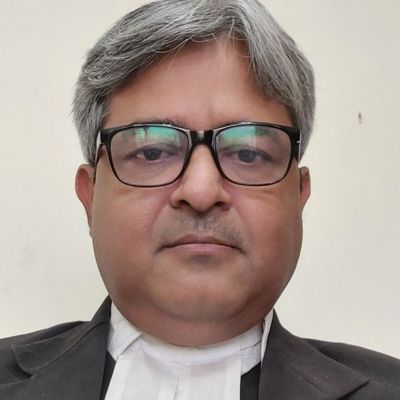Patent law is characterized by a delicate balance between fostering innovation and ensuring that patents are granted on meritorious grounds. Central to this balance is the mechanism of pre-grant opposition, designed to facilitate a rigorous examination of patent applications. This article delves into the nuanced legal principles governing pre-grant opposition, emphasizing its facilitation role in the examination process and delineating its limitations.
The Division Bench, High Court of Delhi, while passing judgment on 9 January 2024 in Appeal titled Novartis AG v. Natco Pharma Limited and another, delved into the critical examination of the order dated 14 December 2022 passed by Controller of Patent, allowing certain amendments, ultimately resulting in grant of Indian Patent. IN414518. This grant of patent to Novartis subsequently led to litigation.
While passing the subject matter judgment, the Hon’ble Division Bench, High Court of Delhi rejected the arguments of the pre-grant opponents that the same had any right to be heard in the patent examination process. Thus, affirming the order of the Controller of Patent and granting the subject matter patent.
Novartis AG was the applicant of the subject matter patent IN‘518, which originated from PCT application no. PCT/US2006/043710 dated 8 November 2006, which was filed as an Indian national phase application bearing no. 4412/DELNP/2007 on 8 June 2007 before the Controller of Patents. Natco Pharma Limited and few other entities were pre-grant opponents. The pre-grant opponents contended that the order permitting amendments to the patent application was issued without granting them a fair hearing. Specifically, all five pre-grant opposition hearings had concluded on 3 November 2022. Despite this, the Controller of Patents directed the applicant to carry out amendments, which were eventually allowed on 14 December 2022.
The pivotal issue at hand is whether pre-grant opponents have a stake in the patent examination process, mandating their participation, especially when amendments to the patent application are being evaluated.
The Hon’ble Division observed that according to Rule 55(5) of Patent Rules, 2003, the right of hearing is primarily associated with the adjudication and disposal of the representation for pre-grant opposition. The court opined that conferring an opportunity for a hearing at the representation stage does not automatically translate to an inherent right for the pre-grant opponent to participate in the patent examination process. This interpretation upholds the procedural autonomy of the Controller in conducting examinations while balancing the interests of both applicants and pre-grant opponents.
It is imperative to understand that the representation for pre-grant opposition is not inherently adversarial or contentious. Instead, its primary objective is to aid and facilitate the examination of the patent application. This facilitative role underscores the constructive intent behind pre-grant opposition, which aims to ensure that patents are granted based on valid and meritorious grounds.
The scope and limitations of pre-grant opposition are circumscribed by Section 25(1) of the Patent Act, 1970. This provision specifies the grounds on which opposition can be raised, thereby confining the opposition’s ambit to statutory parameters.
The Division Bench’s interpretation provides clarity on the locus of a pre-grant patent opponent within the patent examination framework. By distinguishing between the stages where opponents have a right to be heard, such as during pre-grant opposition, and stages where their participation is not mandated, the court ensures a balanced and efficient patent examination process.
Pre-grant opposition serves a pivotal yet circumscribed role in the patent examination landscape. Its facilitative nature aims to aid the Controller in conducting a holistic examination of patent applications, ensuring adherence to statutory criteria and principles of natural justice. However, this role is not without limitations, as evidenced by the court’s observations emphasizing the pre-grant opponent’s restricted right to intervene in the process of grant of patent only by way of pre-grant opposition. However, the same has no right to be heard in the examination process of the patent, which is solely the domain between the Controller of Patent and the applicant for the patent.

Written by Ajay Amitabh Suman
Patent and Trademark Attorney, United & United
You may also like…
Pravin Anand conferred with the APAA Enduring Impact Award
Pre-eminent IP Lawyer and Managing Partner of Anand and Anand, Mr Pravin Anand, has been conferred with the...
The quiet power of confidentiality clubs in SEP litigation
In standard essential patent (SEP) disputes, especially those involving FRAND (Fair, Reasonable, and...
A $10 million patent win reduced to a $1 lesson in damages
In a decision that will resonate as a stark warning to patent litigants, the US Court of Appeals for the Federal...
Contact us to write for out Newsletter














